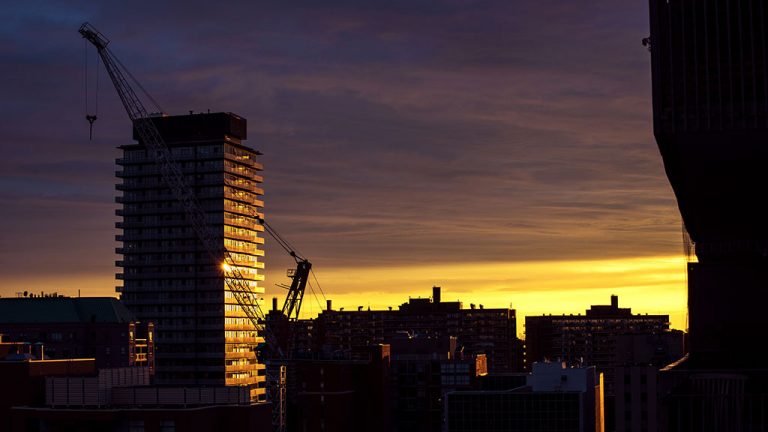America’s construction industry is uniquely positioned to benefit from the nation’s increasingly diverse workforce, yet racism, discrimination and sex-based harassment are still rampant and make it tough for women, people of color and those from underrepresented groups to take up the tools.
That was the prevailing message delivered by panelists during a four-hour hearing on equality in the construction sector held recently by the Equal Employment Opportunity Commission (EEOC).
“Unfortunately, the industry has many irresponsible actors,” said EEOC chair Charlotte Burrows. “Some of the most severe cases of discrimination this agency has encountered arose in construction.
“Women and workers of color face particular barriers in entering the industry – and often encounter discrimination on the job.”
The hearing, officially called Knocking Down Walls: Discrimination and Harassment in Construction, was held to examine discrimination based on race, national origin and sex in the industry and consider potential solutions to increasing diversity, equity and inclusion in the sector.
A number of panelists from various organizations, contractor associations, unions, policy and legal groups from construction spoke at the hearing about the limited opportunities for Black, Asian, Hispanic, Native American and female workers who want to take up a trade.
In her opening remarks, Burrows said everyone must confront and reject discrimination and harassment by actively creating a culture of respect in America’s neighborhoods and workplaces.
She cited a litany of cases from the EEOC files such as a Puerto Rican apprentice in Illinois whose co-workers subjected him to racist slurs, stole his tools and repeatedly kicked him in the head with steel-toed boots; Black construction workers who were threatened with nooses at sites in California and North Carolina; and female employees of an Alabama contractor whose supervisor played pornographic films, exposed himself and sexually assaulted one of the workers.
Previous investigations conducted by the EEOC have found discrimination on hiring, promotion, pay, assignments, training, dismissal, harassment and denial of accommodation for disability and pregnancy.
“While we’ve seen discrimination in many forms and on many bases from the industry, what stands out most is the egregious nature of harassment we have seen based on race, national origin and sex in all geographic regions against women, African Americans, Asian Americans, Native Americans, Hispanics, and LGBTQI+ workers,” explained Burrows. “Often, the employer ignores or fires the workers when the worker reports the harassment.”
However, she said, the historic need for hiring in the industry now provides an opportunity to build a more inclusive industry, and the EEOC looks forward to working with civil and workers’ rights organizations, unions and contractors to ensure quality jobs are open to all qualified workers.
At the hearing, Chris Winters, military and tribal liaison at the International Union of Painters and Allied Trades (IUPAT) District Council #5, said he’s encountered many roadblocks as a minority, combat-disabled veteran and labor leader. He is a member of the Muscogee Creek Nation.
“There is a lot of work that needs to be done in clearing the pathway for all people of all colors from all nations,” he said.
For example, he noted, programs for underserved communities usually don’t get enough funding so people from Native American communities must often pursue another path like going into the military to learn a trade, only to come back and be faced with the same biases in construction.
The IUPAT leadership is tackling the issue, he said, and is putting words into action in an effort to derail counter-productive discriminatory policies and attitudes in the building industry.
Melissa Wells, special assistant to the president for diversity and inclusion at North America’s Building Trades Unions (NABTU), said all of the organization’s 14 affiliates are committed to eliminating jobsite discrimination and the focus now is on diversifying the workforce with deliberate action.
“We know that such opportunity has not always been available to women and people of color and that’s not just because of the actions of one or more discriminatory contractors or even a union leader,” she told the hearing. “We know that discriminatory laws and inclusionary norms have also stacked the decks against women and people of color joining the construction workforce.”
Ken Simonson, chief economist at the Associated General Contractors of America, said there were 415,000 construction jobs available at the end of March but a problem is that youth are no longer exposed to the trades in school.
“The pipeline through the school system has really dried up. There used to be schools devoted to teaching career trades. We’ve seen those programs wither for decades.”











Recent Comments
comments for this post are closed